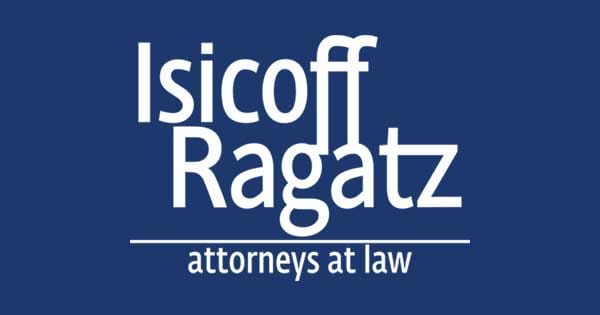For an employee, there may be nothing more unsettling than discovering that your employer is engaged in fraudulent activities. It puts you in a very difficult position, facing a tough choice – do you report the activity and risk your livelihood? What about when the fraud you discover is against the federal government?
What are qui tam actions?
The False Claims Act is a federal law which prohibits fraudulent activities against the government, intended to either obtain money to which there is no right or to avoid paying money owed. Submitting false claims or making false statements – for instance, for Medicare or Medicaid fraud – are examples of the activities the False Claims Act is designed to prevent.
However, fraudulent activity is not always easy to identify and this is where qui tam actions come in. A qui tam action is when a private citizen discovers wrongdoing and files a lawsuit on behalf of the government. They are often used by employees who discover that their employer is defrauding the federal government. In this way, the False Claims Act encourages employees to assist in enforcing its provisions.
Once a qui tam action is filed, the government may choose to join the lawsuit or it may allow the employee to pursue it on their own. Whether the government joins or not, if the qui tam action is successful, the employee is awarded anywhere from 15% to 30% of financial penalties levied against the employer. Additionally, the False Claims Act specifically bars retaliatory action by the employer and against the employee. If the employer violates this prohibition, the Act also authorizes the employee to file yet another lawsuit for retaliation. Any damages awarded in the second suit are distinct from those awarded in the qui tam action.

